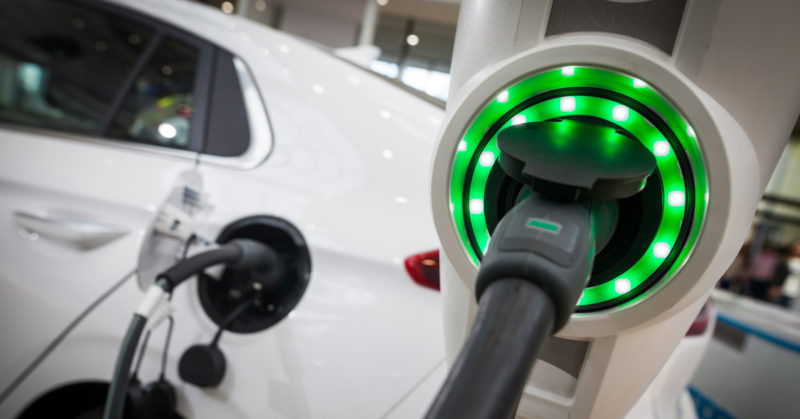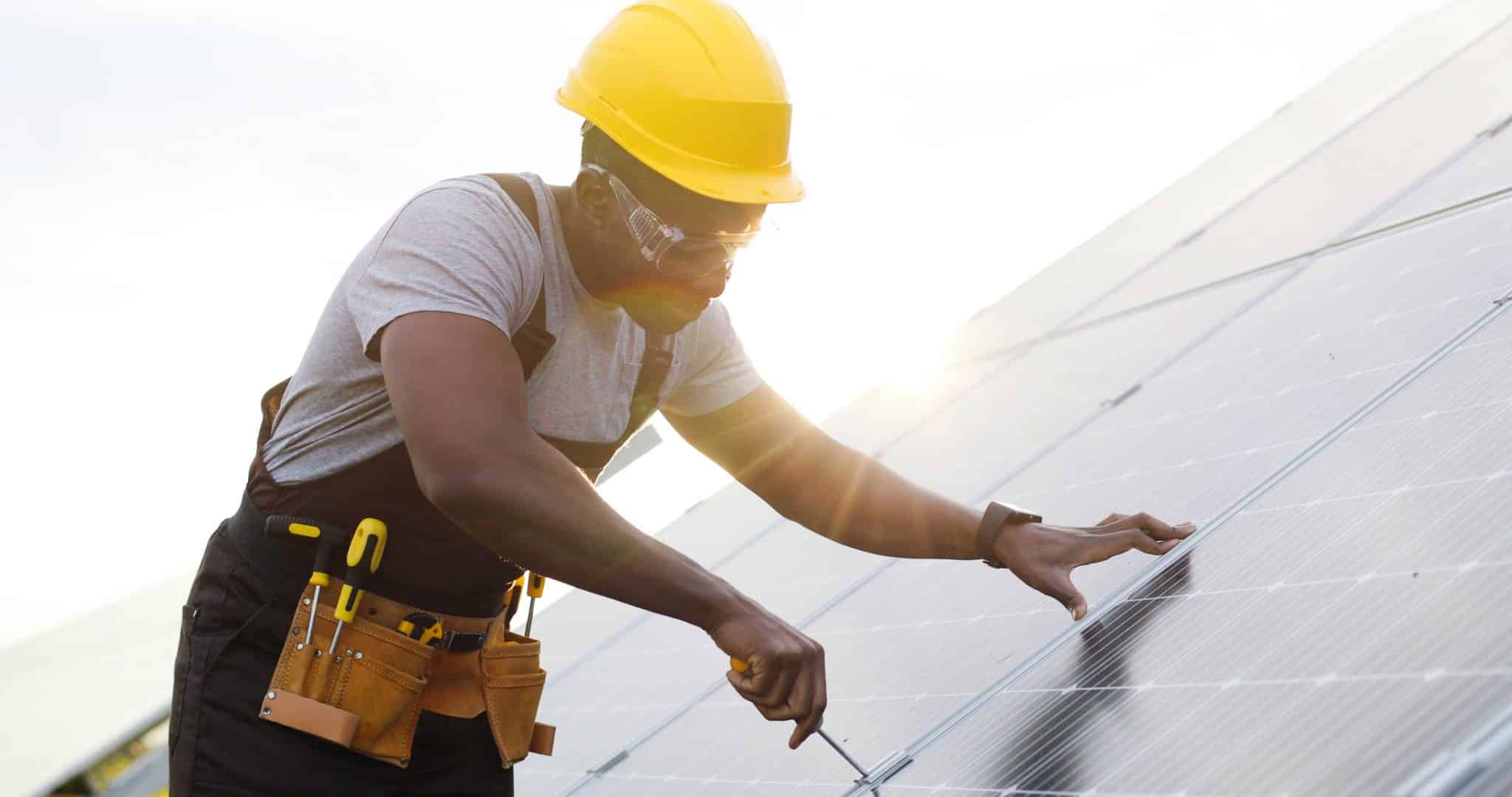One year ago today, the Climate and Equitable Jobs Act (CEJA) became law in Illinois! CEJA boosted funding for, and improved, existing programs, like Illinois Shines and Solar for All, and you can read more in our blog post about FIVE CEJA opportunities that are available now!
CEJA also created brand new, innovative programs that will expand renewable energy, train a diverse clean energy workforce, clean up our transportation sector, and more! Many of these programs are currently being developed with public input, and in this blog, we explore a handful of CEJA programs and opportunities that are still “in-the-works!”
1) Carbon Free Schools.
As described above, schools are eligible for solar incentives through the Illinois Shines program, and CEJA even created a new solar on schools program carve-out that is available now! CEJA also created the Public Schools Carbon-Free Assessment Program, a brand new program that is under development by the public utilities Ameren and ComEd. The assessments, provided free of charge, will analyze the following, 1) energy efficiency savings opportunities, 2) solar energy potential, 3) infrastructure required to support electrification of the facility’s space heating and water heating needs, 4) infrastructure requirements to support electrification of a school’s transportation needs, and more! The Assessment program will kick off this fall in the following priority school districts: East St. Louis School District 189, Harvey School District 152, and Thornton Township High School District 205.
2) Making EV Charging More Accessible.
CEJA created a new Charging Infrastructure Grant Program, and the IEPA is currently developing the program rules. The funding will be made available to public and private organizations and companies to install and maintain Level 2 or Level 3 charging stations (up to 80% of the cost of the installation of charging stations may be funded). The draft rules for the program can be viewed on page 14393 of the Illinois Register, and they are open for public comment now through October 3rd. Directions for submitting comments on the rules are also found in the Illinois Register.

3) Helping Communities with Energy Transition Community Grants.
CEJA created the Energy Transition Community Grant program to provide grants to communities that have experienced or will experience the closure or reduced operation of a fossil fuel or nuclear plant or mine. The Department of Commerce and Economic Opportunity (DCEO) will create and manage the program, and they have published a Request for Information (RFI) to obtain input from communities and individuals impacted by power plant or mine closures. The RFI is open from today until September 30th.
4) Putting People to Work.
CEJA will invest over $80 million a year to create a Clean Jobs Workforce Program. The program, also administered by DCEO, will include 13 workforce hubs across the state (Chicago (South Side), Chicago (Southwest and West Sides), Waukegan, Rockford, Aurora, Joliet, Peoria, Champaign, Danville, Decatur, Carbondale, East St. Louis, and Alton). These hubs, which will be run by community organizations, will train eligible individuals and provide resources to help them get a job in the clean energy sector. Eligible individuals include people from equity eligible communities (CEJA defines this as environmental justice communities and R3 communities) and displaced energy workers. You can sign up to receive updates from DCEO about the Clean Jobs Workforce Hubs program development and other CEJA related programs here.

5) Community Solar Grants.
A new CEJA program known as the Community Solar Energy Sovereignty Grant Program will support the pre-development and development of community solar projects that promote community ownership, energy sovereignty, local wealth building, and other local community benefits. The program will be developed by DCEO with up to 8.5M in funding each year and grants will be prioritized in equity eligible communities.
The programs explored in this two-part blog are just a few of the CEJA opportunities that will help Illinois meet our renewable energy goal of 40% by 2030 and reduce health-harming and planet-warming pollution from our energy and transportation sectors. You and your community can be part of this effort by proactively taking advantage of these opportunities and more!
CEJA LATER!







